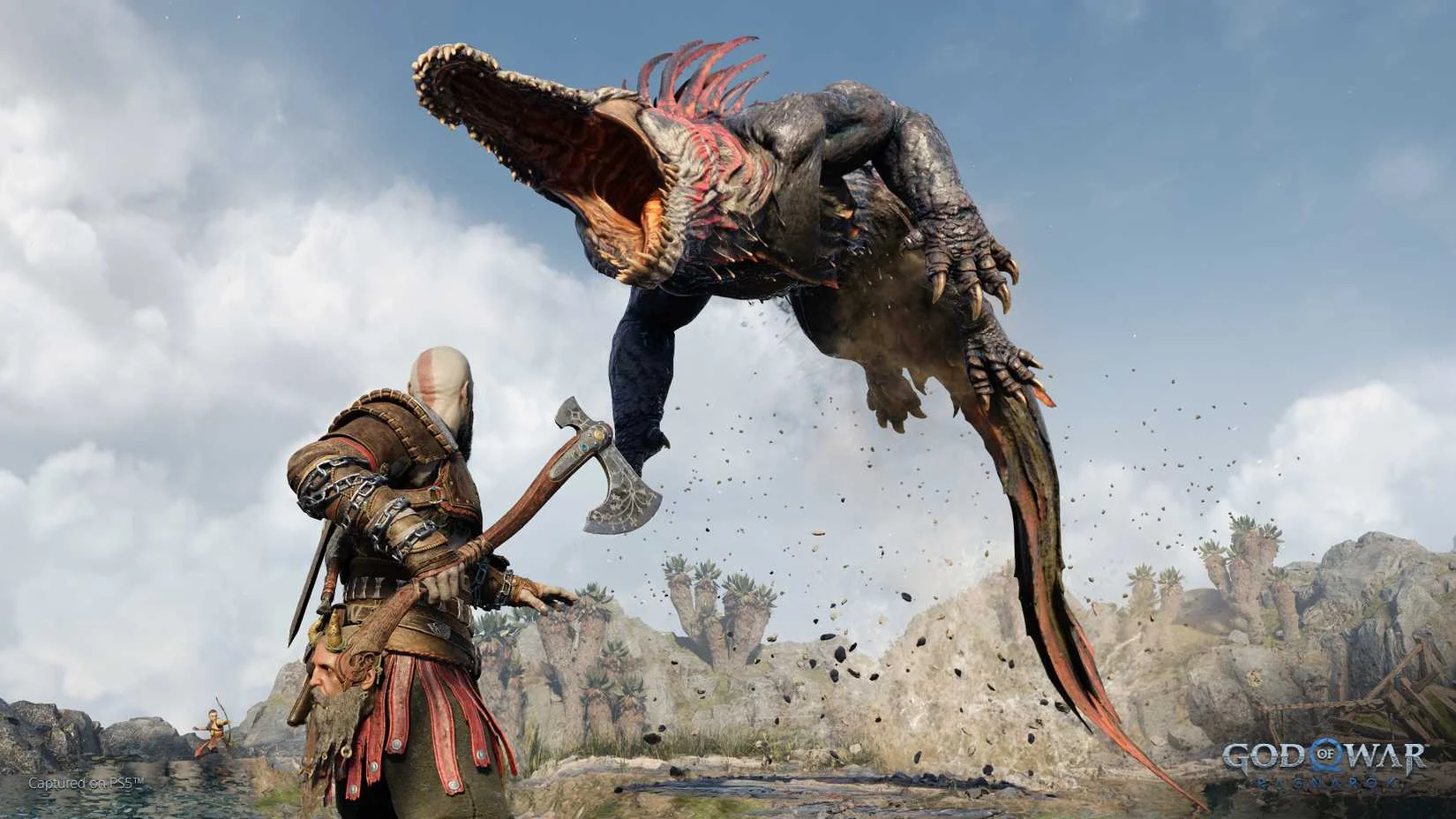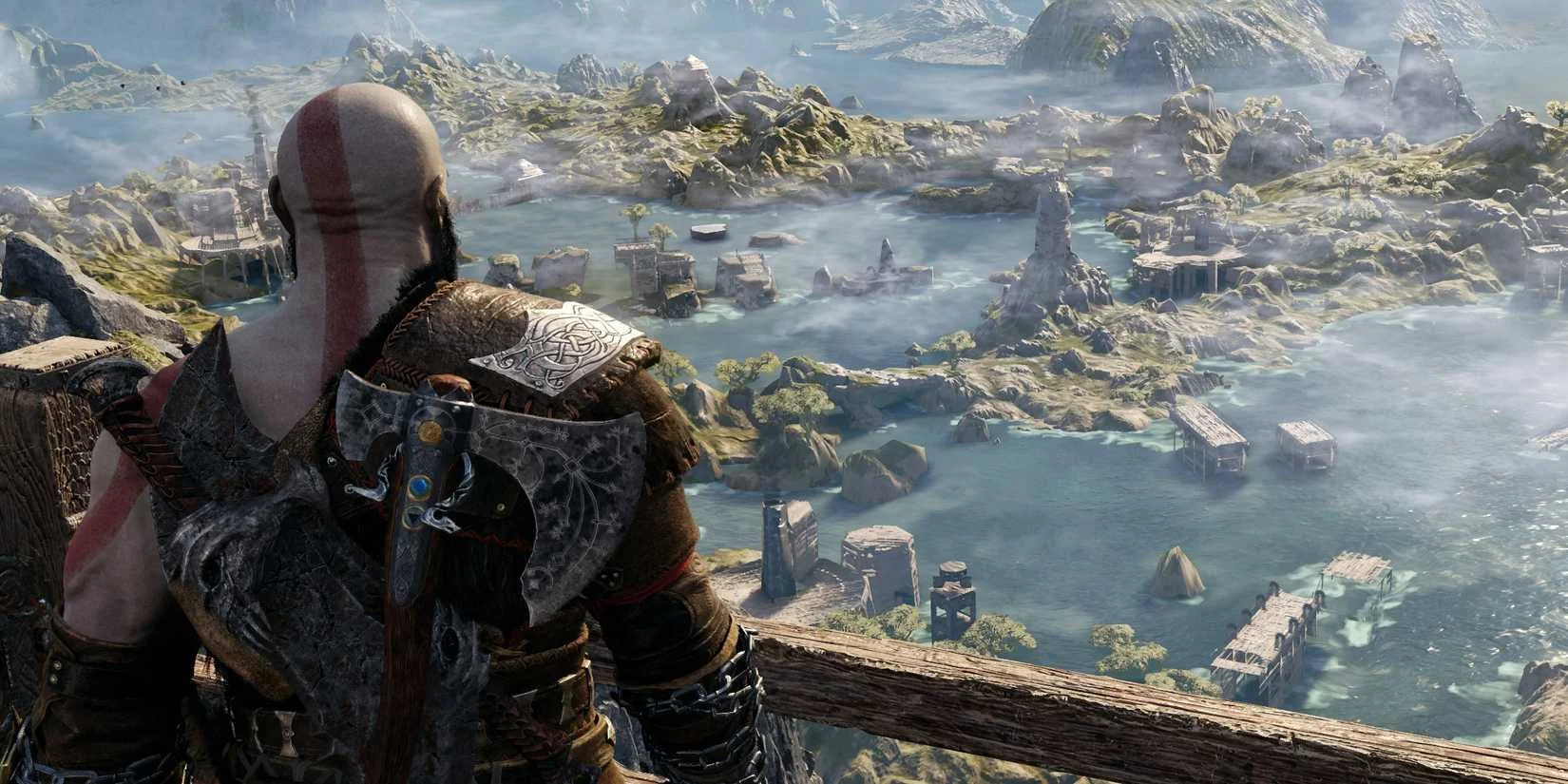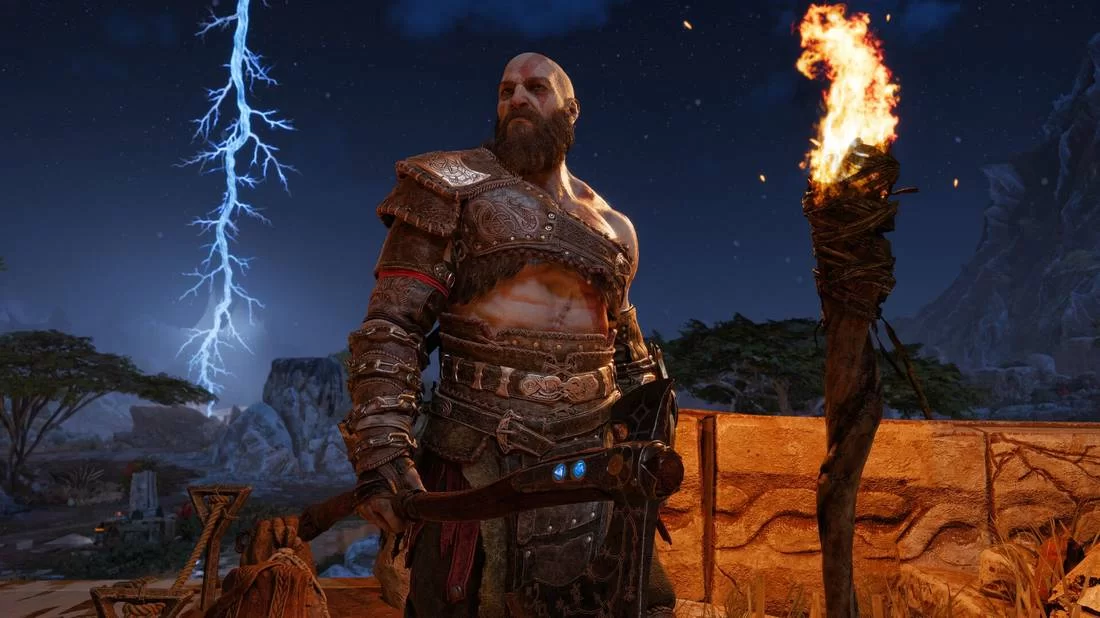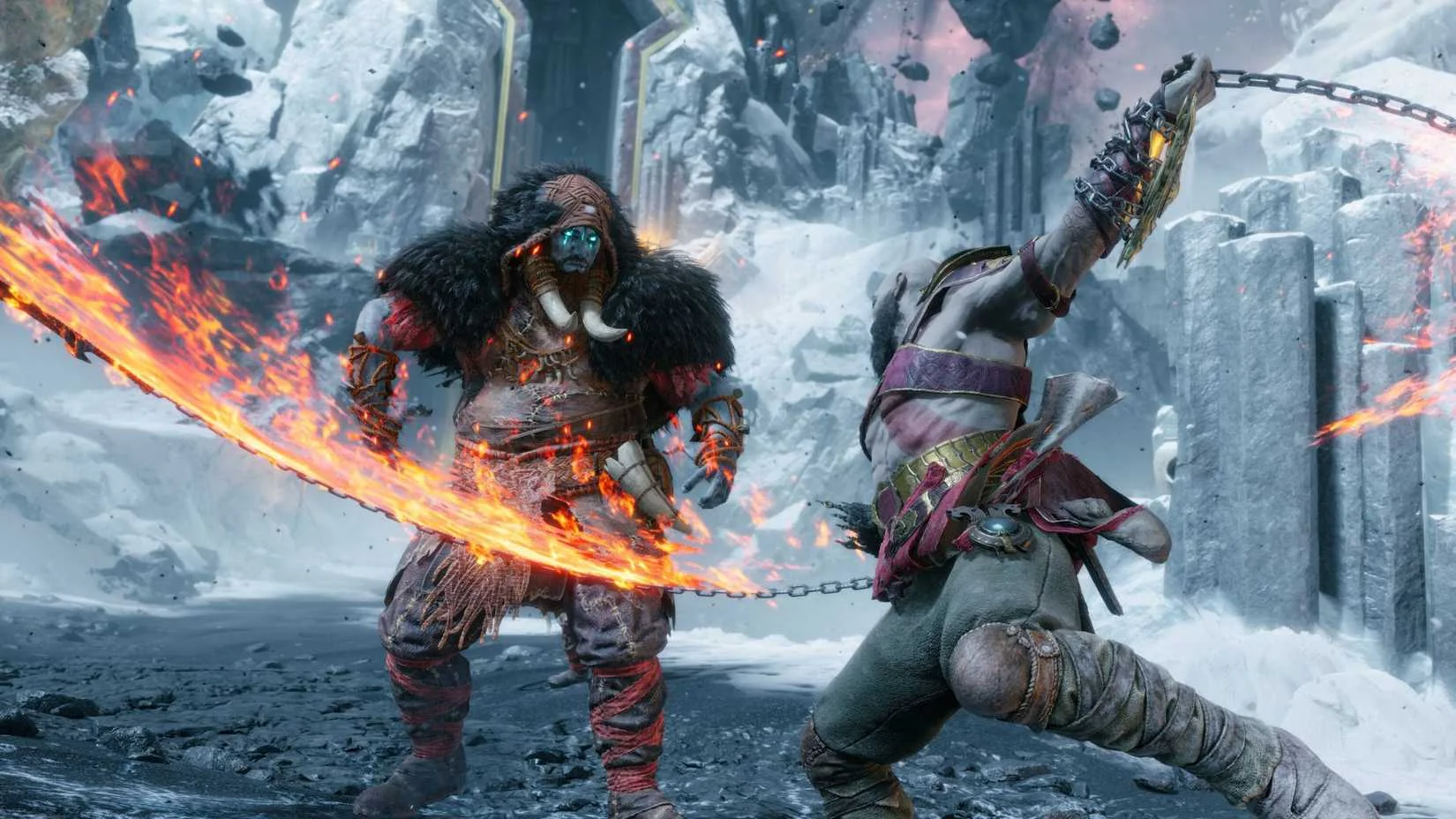Former God of War director of product development, Meghan Morgan Juinio, has spoken out in defense of using generative artificial intelligence (AI) in modern game development. In a time when the use of AI tools is dividing the gaming industry, Juinio argues that embracing this technology is essential for innovation and efficiency rather than something to be feared or rejected.
The discussion surrounding generative AI has been one of the most controversial topics in gaming since the rise of tools like ChatGPT and Midjourney. Many developers have expressed concerns about potential job losses, creative stagnation, and copyright issues. Yet, others view it as a transformative technology that can speed up workflows, reduce costs, and free human creators to focus on higher-level design and storytelling.
Juinio Says AI Can Empower Developers, Not Replace Them
Speaking during an interview with IGN at the Gamescom Asia x Thailand Game Show 2025, Juinio defended the use of AI-powered tools in production pipelines. She described generative AI as “an amplifier of creativity” rather than a replacement for it. According to Juinio, developers who refuse to use these tools are “selling themselves short,” as generative AI is evolving rapidly regardless of the industry's resistance.
She compared the technology to procedural generation systems like SpeedTree, a software tool used for creating digital vegetation that has been a standard in game development for more than two decades. In her words, “AI is not the artist — it’s the brush. The heart and soul of a project still come from human creativity.”
Juinio, who left Santa Monica Studio earlier this year after nearly a decade with the company, added that she doesn’t believe generative AI will ever be capable of replacing the emotional depth or originality that comes from human imagination. However, she emphasized that it can save valuable development time by handling repetitive or technical tasks that previously slowed down production.
Industry Divided Over AI Adoption
While Juinio’s stance has gained traction among some developers, others remain skeptical. Nintendo has famously stated that it will not incorporate AI tools into its creative processes, citing a preference for human-driven craftsmanship. Meanwhile, both Sony Interactive Entertainment and Microsoft Xbox Studios are reportedly investing in AI-powered game development pipelines, including AI-assisted level design and dialogue generation.
Earlier this month, Rebecka Coutaz, vice president and general manager at DICE and Criterion Games, described generative AI as “a seducing tool” during a press event for Battlefield 6. Although she confirmed that AI was not used for final game assets, she acknowledged that her teams were experimenting with AI-based tools during early pre-production phases to streamline concept work.
Even beyond traditional gaming companies, tech leaders like Elon Musk are exploring generative AI in interactive entertainment. Musk recently announced plans to develop a game entirely made by AI by late 2026 — a project met with both excitement and heavy skepticism from industry veterans.
The Future of AI in Game Development
The debate over AI in gaming shows no signs of slowing down. Some studios view it as an opportunity to reduce workloads and speed up development, while others fear it could erode the artistic integrity that defines the medium.
For Juinio, however, the message is clear: generative AI should be treated as a tool to enhance human creativity, not replace it. “Innovation doesn’t come from ignoring technology,” she said. “It comes from learning how to use it responsibly.”
As the gaming industry continues to evolve, it seems inevitable that generative AI will play an increasingly visible role in how games are created — whether developers embrace it willingly or not.





